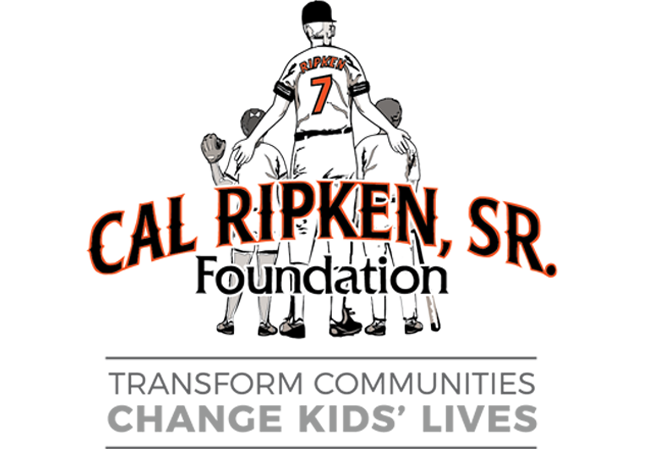Okay, now that you’ve recruited your volunteers, they’ve gone through all the screening, and you’ve scheduled them in… Be clear on guidelines or protocol. Are there certain values or rules that guide interaction with youth in your program? This might be an organizational policy like not allowing one adult and one child to be alone together. Or it might be something like how you handle behavioral situations and holding youth participants accountable. If a mentor finds out that one kid is bullying another, will the volunteer know how to proceed? And what does your organization consider acceptable or unacceptable behavior from participants? Make sure everyone is on the same page so that everyone is held accountable to the same rules and guidelines regardless of whether they are staff or volunteers, regardless of whether the adult with them at the moments is a volunteer or staff member. It can also be things like, what happens if they cannot make a session? What decisions can they make on the fly and what needs to go through the program coordinator or volunteer manager? Which program-related expenses might be covered or reimbursed? Think about anything that you normally go over with a new hire. Check in, as you would with staff. Even a quick team meeting or debrief can be a good way to make sure everyone’s aware of what’s going on with the organization or certain participants, to ask for help with challenges, or to share ideas and feedback. And remember to provide feedback to your volunteers as well, whether it’s the things they are doing well or suggestions for how they might be more successful in their volunteer roles. Provide training—volunteers are team members, too! In event of a fire, will your volunteers know what to do or where to take the kids? If a volunteer finds out that a child has been or is being abused, will he or she know how to handle the situation? Education is key for keeping kids safe. Safety training is obviously important, but if you offer professional development training to your staff or to new staff, consider including your volunteers. Don’t forget to educate them on your organization as well. Volunteers can be great advocates—not only are they not getting paid to say nice things about your organization, in fact, they’re donating their time!Remember that volunteers are donors. Recognize the ways in which they are uniquely contributing to the mission. And since you’ll get to know them better from working alongside them, this gives you more opportunities for celebrating the individual! (Check out these ideas for recognizing and thanking volunteers to help you get started.)Any tips you would like to share? Â

